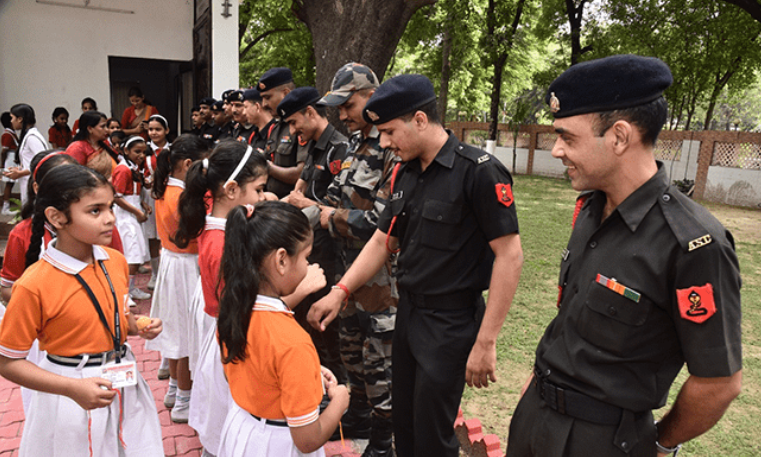
By Audrey Truschke
Somebody recently blasted a short Tweet at me invoking the Holocaust: “Gas this Jew.” This should be shocking, but sadly, such vitriol is not unusual.
Hostility against scholars who work on South Asia has exploded in the past decade, and things are worsening at an alarming pace. As a specialist on Mughal India, I am regularly the target of vicious personal attacks from members of the Hindu Right on the basis of my perceived religion, gender, and race. The assaults come via social media, e-mail, and phone calls. The perpetrators are both unnamed trolls and prominent community leaders.My experiences are far from unique. Other Indologists have endured far worse, such as physical attacks and defamatory lawsuits and petitions. In the past year, denigrating scholars’ families has become increasingly commonplace. This is a cruel business, and one wonders what drives such venom.
Hindu Right-wingers usually give disingenuous reasons for their noxious attacks on academics. For instance, they often claim to oppose outsider narratives on India, and yet they vilify Indian and non-Indian scholars with equal fury. Neither is the issue alleged Hinduphobia — a strawman stand-in for any idea that undercuts Hindutva ideology.
Rather, a toxic combination of two realities fuel the Hindu Right’s onslaught against scholars of South Asia: Hindu nationalist ideology rests heavily on a specific vision of Indian history, and that version of history is transparently false.
Hindu nationalists claim that India’s past featured the glorious flourishing of a narrowly defined Hinduism that was savagely interrupted by anybody non-Hindu, especially Muslims. However, the real story of Indian history is much more complicated and interesting.
There is no single accepted narrative of India’s past. But nearly everywhere we look in Indian history, traces emerge of the diversity and syncretism that the Hindu Right wants to wash away. Especially problematic for Hindu nationalists is current scholarship on Indo-Islamic rule, a fertile period for cross-cultural contacts and interreligious exchanges. This vibrant past is rightly a source of pride and inspiration for many Indians, but the Hindu Right sees only an inconvenient challenge to their monolithic narrative of Hindu civilisation under Islamic siege.
Not everything in Indian history is rosy. The Hindu Right is happy to underscore the violence and bloodshed unleashed by many Indo-Islamic rulers, but they erupt with fury to historical work that undermines their imagined golden age of Hindu civilisation. Foremost here is research into social inequalities associated with the caste system and the exclusionary edge to some forms of Sanskrit discourse.
In contrast to the detailed work of academics, the Hindu nationalist vision of India’s past stands on precarious to non-existent historical evidence. As a result, the Hindu Right cannot engage with Indologists on scholarly grounds. Indeed, the few Hindutva ideologues who have attempted to produce scholarship are typically tripped up by rookie mistakes—such as misusing evidence, plagiarism, and overly broad arguments—and so find themselves ignored by the academic community.
Unable to defend a fabricated history of India on scholarly grounds, many foot soldiers of the Hindu Right have turned to another response: bullying. It is a deplorable state of affairs in which contemporary knowledge about India’s diverse past is at stake.
This story was first appeared on dnaindia.com






